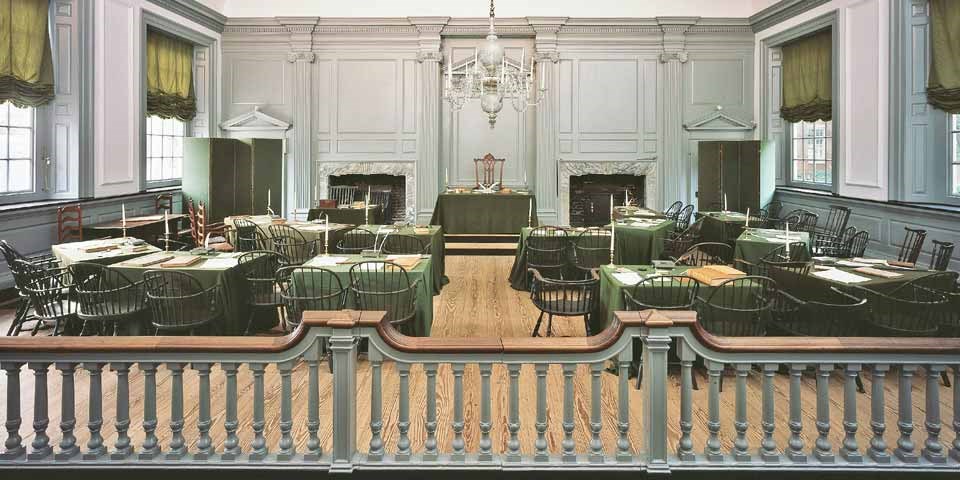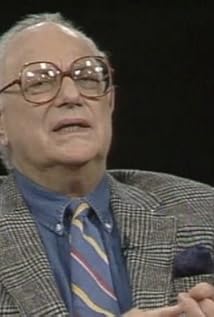You know the story, don’t you? If you don’t, you should commit this one to memory. It’s not fiction, and if you proposed it for fiction, the editors would reject it as too improbable, or too sappy, a tug on your heartstrings and tear ducts. It’s true, better than the faux patriot fiction we often get on July 4.
July 4, 2014, is the 238th anniversary of the announcement of the Declaration of Independence. I hope you’re thinking about how you’ll fly the flag this weekend in honor of the Declaration of Independence.
The resolution proposed by Richard Henry Lee calling for independence of the 13 colonies passed the Continental Congress on July 2, 1776. The Declaration would be Thomas Jefferson’s crowning achievement, outshining even his presidency and the Louisiana Purchase. John Adams wrote to his wife, Abigail, that July 2 would forever be marked by patriotic displays.
But the Declaration itself, which gave teeth to the resolution, was adopted two days later on July 4. That has come to be the day we celebrate.

Detail, John Trumbull’s Signing of the Declaration of Independence – The committee of five presents the Declaration of Independence to John Hancock, the President of the Second Continental Congress; from left, the committee is John Adams, Robert Livingston, Roger Sherman, Thomas Jefferson, and Ben Franklin. Theodor Horydczak photo, Library of Congress
Adams didn’t miss a beat. Who quibbles about a couple of days when the celebrating is so good?
Adams and Jefferson were two of the five-member committee the Congress had tasked to write a declaration. Adams and Ben Franklin quickly determined to leave it up to Jefferson, who had a grand flair with words, and who had just written a couple of stirring documents for Virginia. Roger Sherman and Robert Livingston, the other two members, went along. And so it was that the Declaration of Independence is almost completely the work of Thomas Jefferson.
Adams and Jefferson became friends only later, when they both served the nation at war as ambassadors to France, and then for Adams, to England. A widower, Jefferson was taken in by Abigail Adams who worried about him. After the war, Jefferson was in England when Adams was to meet King George III in a grand ceremony in which the king would accept the credentials of all the ambassadors of foreign nations to England. As the king strode down the line, each ambassador or delegation would bow, the king would acknowledge them, the papers would be passed, and the king would move on. Adams and Jefferson bowed. King George moved on, ignoring them completely.
In such a case of such a snub, the snubbed foreigners usually made a quick exit. Adams and Jefferson did not. They stood at attention as if the king had treated them like all the rest, reversing the snub. From the beginning, Americans and the United States pushed for more practical, reasonable, and compassionate government and relations. Standing together, against the snub of the British King one more time, Adams and Jefferson formed a silent bond that held them the rest of their lives.
Back in America in peacetime, and both members of the administration of George Washington, Adams and Jefferson fell out. Secretary of State Jefferson favored a more limited federal government; Vice President Adams favored a more powerful one. By the end of Washington’s second term, party politics had been well developed. Adams defeated Jefferson in the election of 1796. As was the law then, Jefferson was vice president as the runner-up vote getter in the electoral college; but Adams kept Jefferson out of all government affairs. Perhaps because he didn’t have Jefferson to help, Adams’s presidency did not go well. In the rematch election in 1800, one of the bitterest election fights ever, Jefferson’s party defeated Adams. The gleeful Democratic-Republican electors all voted one ballot for Jefferson, the presidential candidate, and one ballot for Aaron Burr, the party’s vice presidential candidate.
Alas, that produced a tie vote in the electoral college. Adams’s party, the Federalists, still held the House of Representatives before the new Congress came in. A tie vote goes to the House for decision. They could not bring themselves to vote for Jefferson, and the deadlock continued for 37 ballots. Finally Jefferson’s former friend but now arch-enemy Alexander Hamilton intervened, explaining that Burr was clearly the greater scoundrel, and the House elected Jefferson. Adams slunk out of town, avoiding the inauguration.
It wasn’t until after 1809 when Benjamin Rush hoodwinked Jefferson into writing to Adams, and Adams to Jefferson, that the two became friendly again. For the next 17 years Jefferson and Adams carried on perhaps the greatest series of correspondence in history between two great minds. Letters went out almost daily, from Monticello, Virginia, to Braintree, Massachusetts, and from Braintree to Monticello. They discussed the weather, their families, old times, farming — but especially the republic they had been most instrumental in creating, and how it might be preserved, and made to prosper. Eventually the letters became harder to read, both because their eyesight was failing, and because their penmanship deteriorated, too.
The ideas, however, flowed like a great river of freedom. Perhaps this correspondence was the river flowing justice the prophet Amos foretold.

Letter from Thomas Jefferson to John Adams, August 15th, 1820. From The Thomas Jefferson Papers at the Library of Congress, Thomas Jefferson Papers Series 1. General Correspondence. 1651-1827. Library of Congress image
Both men took ill early in 1826. This was a landmark year, 50 years since the Declaration of Independence. In Massachusetts, a grand display of fireworks was planned to cap off a day of feasting and celebration. Adams hoped he might attend. In Virginia, a week before, it became clear Jefferson was too ill to venture even as close as Charlottesville for the celebration. Jefferson sent his regrets to invitations from several celebrations. Jefferson slept through most of July 3, but awoke about 9:00 p.m., and asked, “This is the fourth?” It was not. These are the last significant, recorded words of Jefferson. He awoke at about 4:00 a.m. on the Fourth of July, 1826, but could not make a rally. He died at 12:50 in the afternoon.
Adams, too, was too ill to attend the celebrations. In the late afternoon or early evening of the Fourth, he awoke, and heard the celebration in the town. Almost as if he had worked just to live to see that particular day, he checked the date. Realizing he was near the end, happy that he’d seen 50 years after the Declaration, and unaware of the events a few hours earlier that day in Virginia, Adams said, “Thomas Jefferson still survives.” Adams, too, died on July 4, 1826.
Fly your flag July 4th. Remember John Adams and Thomas Jefferson. Remember their great work in creating the nation that protects our freedoms today. Remember their great friendship. Write a letter to a good friend you’ve not written to lately.
It is Independence Day, a day created and celebrated by great men like John Adams and Thomas Jefferson. Their spirit survives in us, as we celebrate, and if we remember why we celebrate as friends.
More:
Spread the word; friends don't allow friends to repeat history.







 Posted by Ed Darrell
Posted by Ed Darrell 












,_2nd_president_of_the_United_States,_by_Asher_B._Durand_(1767-1845)-crop.jpg/220px-US_Navy_031029-N-6236G-001_A_painting_of_President_John_Adams_(1735-1826),_2nd_president_of_the_United_States,_by_Asher_B._Durand_(1767-1845)-crop.jpg)







